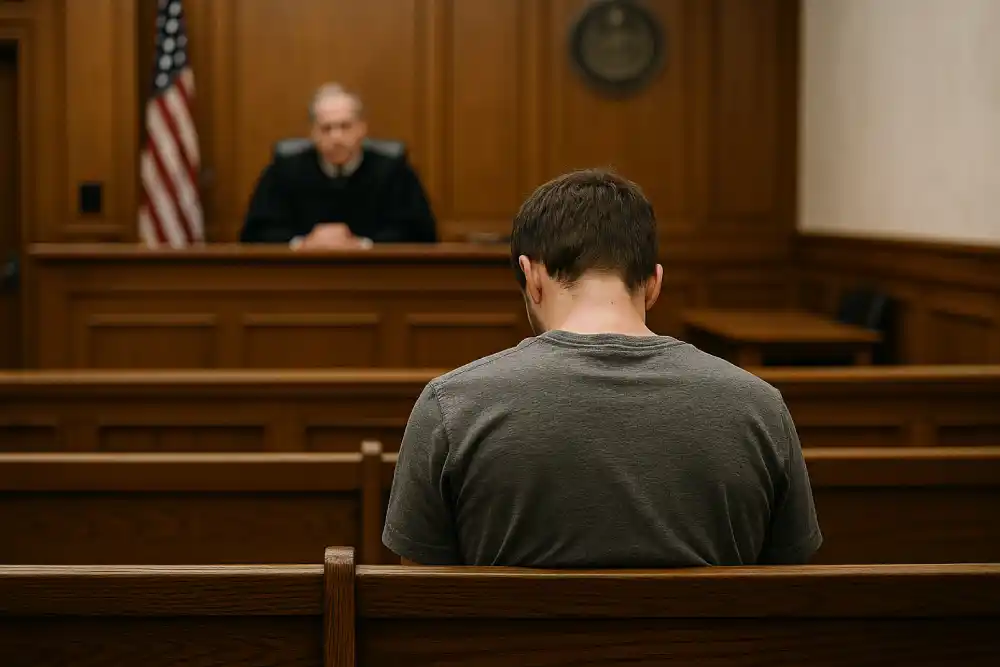By using our website, you agree to the use of cookies as described in our Cookie Policy
What Judges Look for in Bronx Custody Cases
Custody in the Bronx comes down to proof. Judges want to see which parent actually handles the day-to-day work: meals, school, bedtime, doctor visits. They’re not interested in speeches or empty claims. Show up with real examples and details. If you want child custody in the Bronx, be ready to back up every word with what you do for your child, not just what you say.

What Shapes a Judge’s Decision
Judges don’t rely on a single factor. They weigh a mix of real-world details that reveal how a parent handles the demands of raising a child. Here’s what stands out:
- Stable home life: no chaos, no uncertainty, no bouncing between addresses
- Hands-on care: who gets up for school, who cooks, who helps with homework
- Physical and mental health: parents who can keep up, stay present, and manage stress
- Family connections: siblings, grandparents, cousins, and the role they play
- Support for the other parent: no sabotage, no games, just real cooperation
- History of violence or protection orders: any sign of risk, the court takes seriously
Home Life Under the Microscope
Judges don’t just ask about your home; they want proof that it works for a child. A safe, clean space with a real bed, a place to study, and room to play. No crowded couches, no makeshift sleeping arrangements. The court checks for:
- Proximity to school and friends: long commutes disrupt routines
- Reliable childcare: no last-minute scrambling, no leaving kids with strangers
- Work schedules that fit: parents who vanish for double shifts or late nights raise red flags
- Backup plans: solid guardianship arrangements for emergencies or work hours
School and Health Always Count
School performance and medical care aren’t afterthoughts. Judges track who shows up for parent-teacher meetings, who signs report cards, who schedules checkups, and who follows through on treatments. A parent who ignores school emails or misses doctor’s appointments signals a lack of engagement. The court pays attention to:
- Attendance at school events: concerts, conferences, sports
- Homework help: who checks assignments, who talks to teachers
- Medical records: immunizations, regular checkups, follow-up care
- Communication with healthcare providers: no missed calls, no forgotten prescriptions
Building a Case That Holds Up
Winning custody isn’t about grand gestures. It’s about showing up, day after day, and keeping track of what you do. Judges want to see:
- Consistent involvement: school, healthcare, daily routines
- Clear communication: texts, emails, and calls that show you’re engaged
- Parenting journals: notes on meals, activities, and milestones
- Statements from teachers, doctors, and coaches: real people who see your parenting in action
What Undermines a Parent’s Case
Judges spot red flags quickly. Missed visits, skipped school events, or unreliable routines stand out. So do:
- Negative talk about the other parent: judges want cooperation, not conflict
- Ignoring court orders: late pickups, missed drop-offs, or breaking agreements
- Unstable living situations: frequent moves, unsafe neighborhoods, or overcrowded homes
- Substance abuse or untreated mental health issues: anything that puts a child at risk
Every misstep gets noticed. A single incident might not decide a case, but a pattern of problems will. Judges want to see growth and responsibility, not excuses or blame.
Get Professional Legal Support Today
Call Adon Law at 718-275-1243 or schedule a free consultation to discuss your custody case with our experienced family law team.
‹ Back









